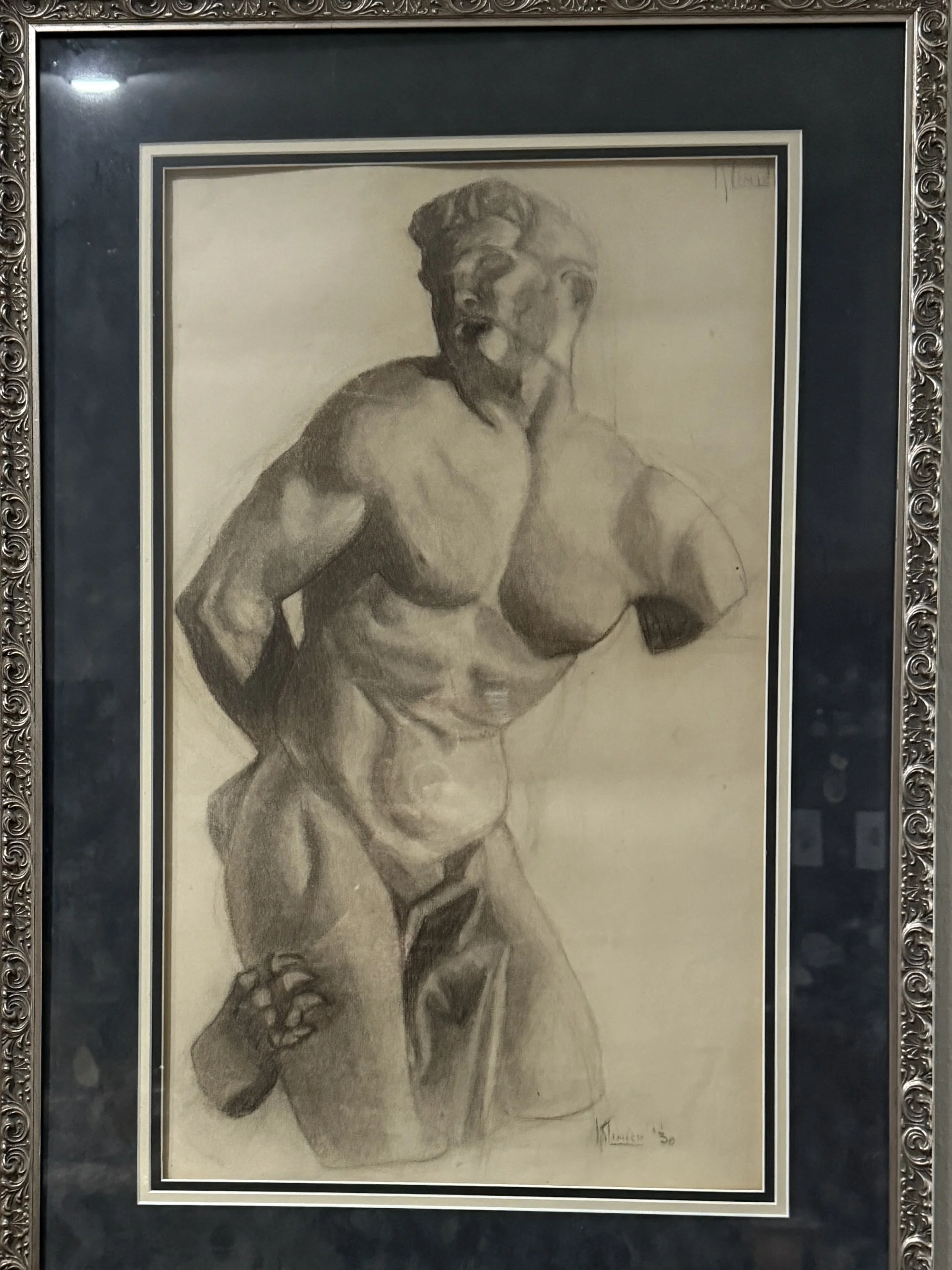The Losses We Don’t Name, But Still Feel
When people hear the word grief, they usually think of losing a loved one. The dictionary calls it “deep sorrow, especially that caused by someone’s death.” But grief wears many faces.
It’s the ache of losing your youth, the energy, opportunities, or body you once had. It’s the shock of a life-changing medical diagnosis like cancer. It’s waking up after a car accident to find you have lost a limb. It’s recovering from a stroke and realizing you can’t even sign your own name.
Grief also shows up in quiet moments. The loss of a marriage, a friendship, or a lifelong dream. It can come from losing your career, financial stability, your community, or even your sense of self.
Grief is not just about death. It is about any loss that changes your world and your place in it.
When we talk about mental health, we tend to jump straight to depression, bipolar disorder, addiction, anxiety, PTSD, eating disorders, ADHD, autism, personality disorders, or schizophrenia. What we forget is that grief can rattle your mental health just as much as any of those conditions.
We even have the five stages of grief:
1. Denial
2. Anger
3. Bargaining
4. Depression
5. Acceptance
They are not a straight line. Just like with healing from trauma, we can loop back, skip ahead, or stall in one stage. It is that “two steps forward, one step back” dance.
I have my own way of mourning, just as you do. I remember the date. I remember the person. I honor them. I light a candle for their life and what they meant to me. That comes from my upbringing, my religion, and how it views death. I have been told I focus too much on the loss and not enough on the celebration. Maybe that’s true. Maybe it isn’t. But no one can tell me how I should grieve.
December 30th — my father’s last breath.
June 24th — my grandfather went in for a procedure and never came home.
February 9th — my grandmother passed after an eleven-year fight with cancer.
September 9th — my other grandfather was gone.
They will never know the comfort I felt when they came over every Sunday for dinner. I felt safe with them there.
This topic came back to me during a recent call about mental health. A chef friend told me his mother has cancer. My own mother fought and beat stage four lymphoma eleven years ago. Then, a couple of months ago, she called. I saw her name on the phone and knew it would not be good news. I was right. The scans were positive. She didn’t know yet what type or how aggressive it was, only that it was back. She’s been in treatment since.
I have not shared this news widely. There are reasons for that. But I did tell my friend, “The only good thing about cancer is that it gives us time to be with our loved ones. We get the chance to tell them how much we love them. We take time for granted until the universe forces us to slow down.”
When my grandmother was nearing the end, I told her, “When it’s your time, go. Be with Pop and be at rest. You don’t need my permission, but I want you to know that I love you and I want what’s best for you.” I don’t know why I said it, but I am glad I did. Both my grandfathers died suddenly. I never got to say what they meant to me. I made sure she knew.
Towards the end, before she passed away, she showed me her charcoal drawings. I had never seen them. They were signed “Klimic”, her maiden name. She had twelve pieces. I was the only one who knew they existed. Ironically, there were six of us; we each have her memory with us.
Death and taxes are certain, but grief is part of living. It is part of learning, part of the healing process. I don’t know which is harder: the sudden death or the long goodbye. What I do know is that the most expensive thing in the world is time, and not even a billionaire can buy it back.
I take the time to thank the people I love as much as possible and express my gratitude. I know the one variable. I will never know when my time is up…

